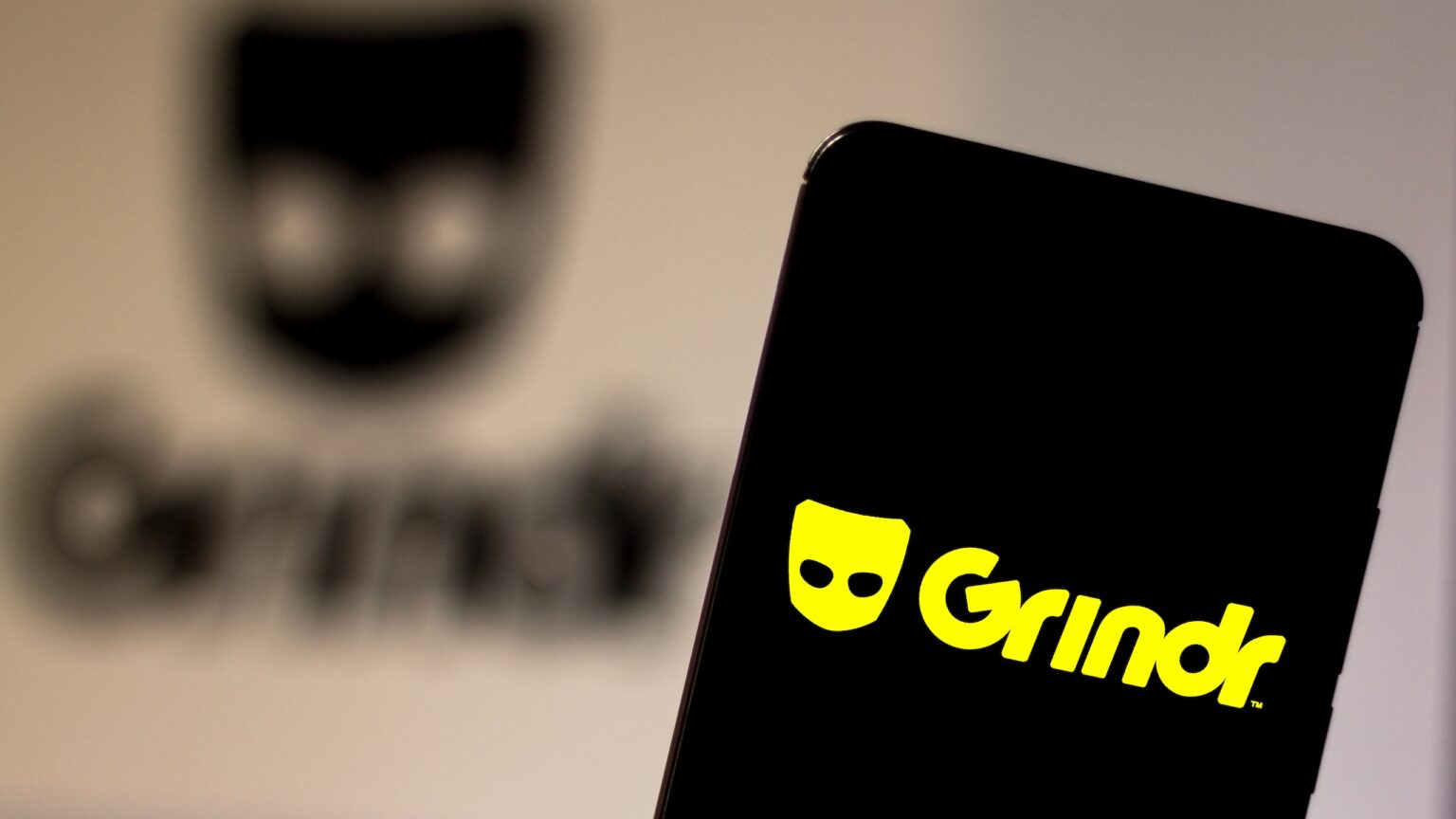Popular LGBTQ+ dating app Grindr has warned its Egyptian users of police-run accounts, reports Al Jazeera. Police are using fake accounts and taking over real accounts from users who have been arrested, the application warned.
Grindr now shows a warning in the application interface in Egypt, informing users about police impersonation to target LGBTQ+ individuals.
When the Egyptian user opens the application, it says, “We have been alerted that Egyptian police is actively making arrests of gay, bi, and trans people on digital platforms. They are using fake accounts and have also taken over accounts from real community members who have already been arrested and had their phones taken.
“Please take extra caution online and offline, including with accounts that may have seemed legitimate in the past. This warning will appear in both English and Arabic.”
Also Read: FBI Investigating Snapchat over Its Role in Fentanyl Crisis
While homosexuality is not technically illegal in Egypt, the LGBTQ+ community often faces prosecution under the pretext of “debauchery” or “public decency” violations.
In 2017, seven individuals were arrested for displaying a rainbow flag during a music performance, and arrests of LGBTQ+ individuals, as well as those who do not conform to traditional gender roles, continue to be prevalent.
LGBTQ+ crackdown
Over the years, more than 35 people in Egypt have been arrested as a result of police using this tactic to detain LGBTQ+ people.
Patrick Lenihan, Grindr’s head of global communication, said the company decided to issue the warning after LGBTQ advocacy groups in Egypt reported to them that approximately 35 to 40 LGBTQ individuals had been arrested in the Muslim-majority country over the weekend.
BBC News investigates how the LGBT+ community are being targeted by police and violent gangs in Queer Egypt Under Attack, available from 30th January on Youtube and BBC iplayer.#lgbt #Eygpt #iplayer #YouTube pic.twitter.com/ypXFIdLPU9
— Directors Cut Films (@directorscutuk) January 30, 2023
“That means that it’s higher sentences, more number of charges and a higher likelihood of getting those sentences, because those cyber laws and telecommunication laws are very vague. So after the point of arrest, there are a combination of charges being used against folks,” said Afsaneh Rigot, a Harvard researcher who has studied arrest data of LGBTQ people in the country.
The police are hiring informers to go undercover on dating apps including Grindr, Tinder, and Bumble to seduce queer people before arresting them, according to The Pink News.
The publication reported that more than 150 people have been arrested by Egyptian police using entrapment schemes.
A Grindr spokesperson stated that their “hearts are with the community in Egypt.”
“Grindr is working with groups on the ground to make sure our users have up-to-date information on how to stay safe, and we are pushing international organizations and governments to demand justice and safety for the Egyptian LGBTQ community,” said the spokesperson.
State-sponsored repression
LGBTQ+ individuals have stopped walking in the streets out of fear and are desperately seeking to leave the country.
“Me and my friends got a voice note that said 28 gay people were arrested by police and then forced to call their friends so they could get arrested too,” said LGBTQ+ individuals.
One individual from that community, renamed Darius, said police are taking people’s phones as “evidence” and then calling the names in their contact lists to see if they are LGBTQ+.
“I don’t leave my house unless someone will take me with a car, I’m really worried that if I leave the house, I’m going to get slaughtered like a chicken,” said Darius.
Digital platforms like Facebook, Instagram, and Grindr are failing to take sufficient measures to safeguard the rights of LGBTQ+ individuals, according to Human Rights Watch.
“Online abuses against LGBT people have offline consequences that reverberate throughout their lives and can be detrimental to their livelihood, mental health and safety,” said Rasha Younes, a senior researcher for LGBT Rights at Human Rights Watch.
Younes further stated that while digital platforms have provided a platform for LGBTQ+ individuals to express themselves and amplify their message, they have also been utilized as instruments for state-sponsored repression.









 and then
and then